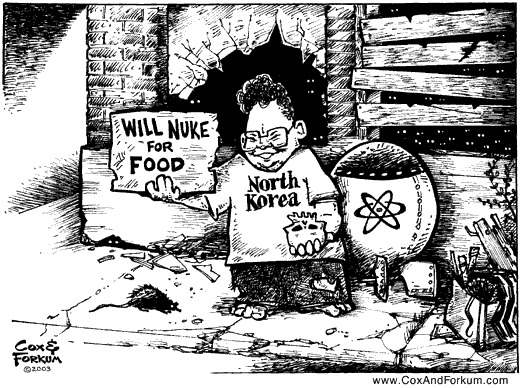Opportunities and Obstacles for the New US Ambassador to China
In light of the current frequency of political and economic interaction and communication along high-level channels between the U.S. and China, it would seem that the ambassador’s role as a conduit between the two countries is now but a shadow of what it was. Furthermore, as the ambassador is the executor rather than the creator of Obama's policies toward China, a simple changing of the guard will not drastically change the framework and tempo of U.S.-China relations.
However, this is not to suggest that Baucus has no room to get things done. Strategically, for over a year now the highest echelons of U.S. and Chinese policymakers have been in unspoken agreement on establishing a new type of great power relations. But there is still much foundational work to be done regarding which issues the new relationship will cover, whether or not these issues can be pieced together into a stable framework, how to maintain a basic level of equilibrium and what must be done to avoid the "Thucydidean trap" that concerns many observers. And from a tactical standpoint, sudden spats between the U.S. and China in the two major fields of security and the economy now occur more frequently than ever before. How to minimize unnecessary friction and suspicion, as well as maintain the proper environment needed for the stable development of relations between both governments and peoples are problems that Baucus must face.
The issue of the trade imbalance has consistently been a primary factor complicating U.S.-China relations, as it has given rise to a host of derivative points of contention, including the renminbi exchange rate, intellectual property rights and market access. As former chairman of the Senate Finance Committee, the new ambassador can make use of his expertise in these areas. Baucus previously made a name for himself by advocating for China's entrance into the more open world economy. During his confirmation hearing before Congress, he also listed his first major goal as ambassador: "to develop our economic relationship with China in a way that benefits American businesses and workers."
It is likely that he can successfully negotiate the economic relationship between the U.S. and China, as well as change traditional views in Congress.
But for now, the difficulties he faces may take precedence. Since [Japanese Prime Minister] Shinzo Abe took office, his extremist foreign policies have sunk China-Japan relations to historic lows and created a veritable morass in regional security. These security concerns have grown to become the greatest challenge within Northeast Asia. If the U.S. cannot strike a balance in relations between itself, China and Japan, its relations with China may steadily deteriorate. Currently, the U.S. is putting forth the nebulous proposal of strengthening regional strategic cooperation, but what bearing that cooperation will have upon the U.S.-Japan Security Treaty and whether or not it can even be implemented is yet unknown. The second task Baucus listed was "to partner with China as it emerges as a global power" in managing various challenges. Whether or not he can help establish an atmosphere of cooperation within a larger security environment of mutual trust will determine the completeness of his work during his tenure.
Opportunities and obstacles both lie within Baucus' grasp. How he handles them remains to be seen.
The author is a special commentator for the Beijing Times.

